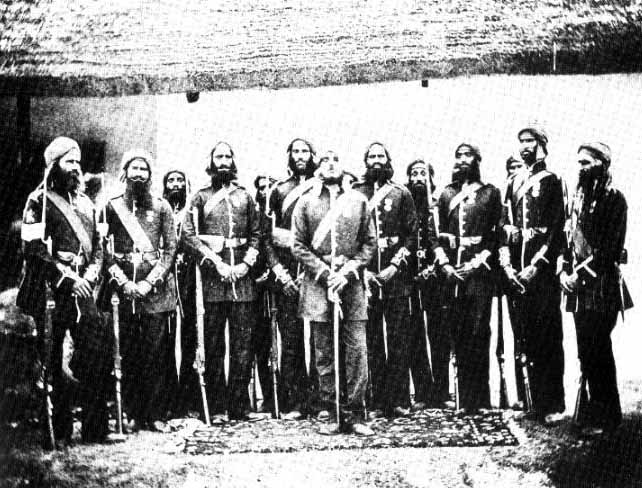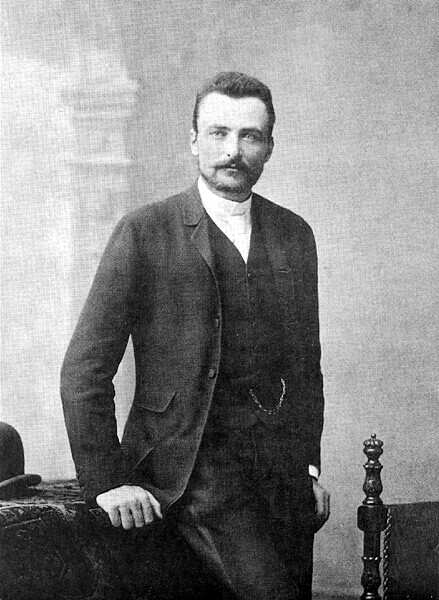While the father of the Republic of Hungary may rightly be considered
Lajos Kossuth, another who could rightly claim the title of Founding Father of the Republic is
Peter Molnár, the second President of the Republic according to some historians, or the first according to others. Kossuth had been elevated to President of the Provisional Government of Hungary on his return from exile. However, Kossuth's failing health after his elevation to the post did not allow him much time or energy to participate in the drafting of the constitution. It was Peter Molnár who would lead this great work and see the nation through to the 20th century. Peter Molnár was a young dissident from a literary family (Hungarian on his father's side, Slovakian on his mother's side) in the Austro-Hungarian Empire who became radicalized against the constraints and anti-individualism of Korsgaardianism as it became the guiding philosophy of the ancient regime. Imprisoned on numerous occasions, most recently at the outbreak of the Global War as a 'potential security risk', Molnár was among the prisoners freed by the uprising. He rose to prominance for his articulate and clear way of expressing the ideals of the revolution, and his personal devotion to liberal individualist rights, in diametric opposition to the Korsgaardism that had come before. He chaired the drafting of the Hungarian Constitution, heavily borrowing from the American constitution but adapting it to the conditions as they prevailed in the Hungarian territory. Minority rights, such as for the Slovaks, and religious freedoms including for protestants and jews, were vouchsafed. The most controversial part of the constitution was female suffrage, but Molnár saw it as an essential step forward for the nation. Kossuth died before the completion of the constitution, and Peter Molnár was raised in his place as the second President of the Provisional Government. He subsequently won the first Presidential Elections under the new constitution. As president, he counseled reconciliation with the landed classes and former Korsgaardist bureaocrats, bringing to a halt the backlash and persecution these former masters of Austria-Hungary (though many of the more prominant of the former regime were banned from public office for years, the restrictions not being eased until the 20th century). Although a classic liberal himself, Peter Molnár sought to position the Hungarian Republic as a good and honest neighbor, interested in trade and cultural exchange regardless of prevailing political party of his neighbors (particularly important in the case of Russia). Molnár also saw to it that Hungary was one of the first nations of Eastern Europe to embrace the Poe Plan to bolster the post-war economy. He also sought to keep Hungary truly neutral, much in keeping with the model set over a century before by George Washington. However, much as Vegetius counseled, Peter Molnár led his government to build up a strong defensive military (referred to as the Hungarian Legion, purposely mirroring the name of the American military). It is interesting to note that he also was a strong proponent of air power, building up an airship force for the military and even promoting a civilian air service. Several of the younger officers from the former Austro-Hungarian navy would migrate to the air services, giving it a decidedly nautical feel and terminology.
For these and so many other reasons, many historians consider Peter Molnár as the man who created the Republic of Hungary.

